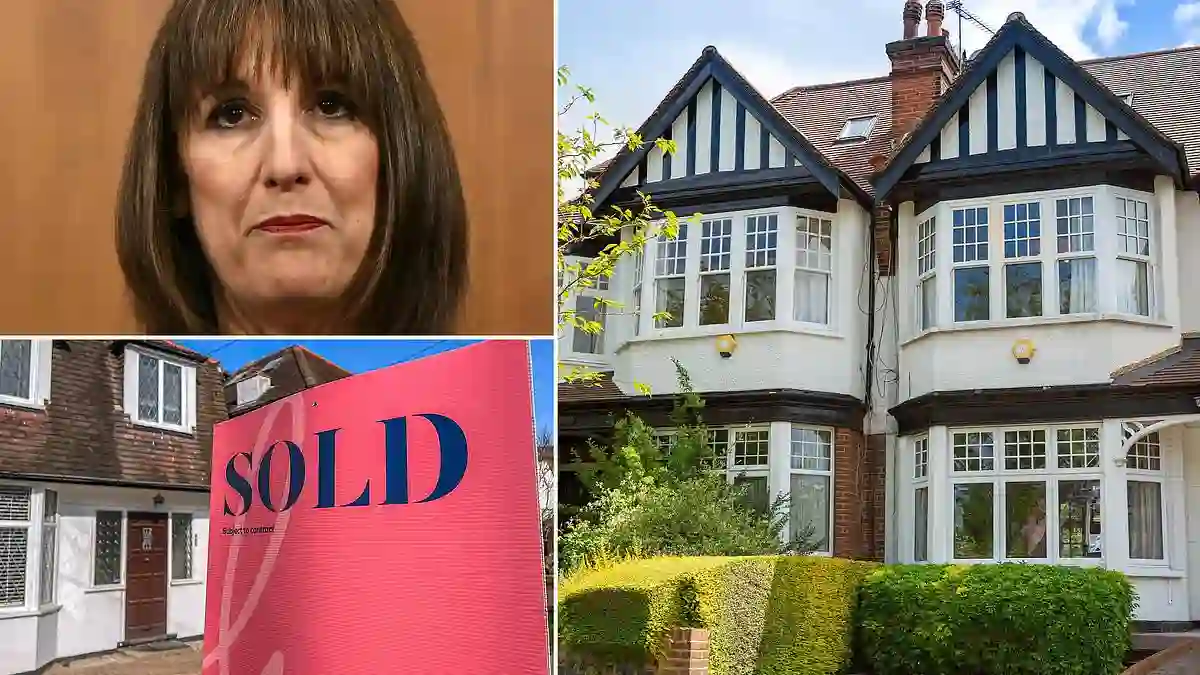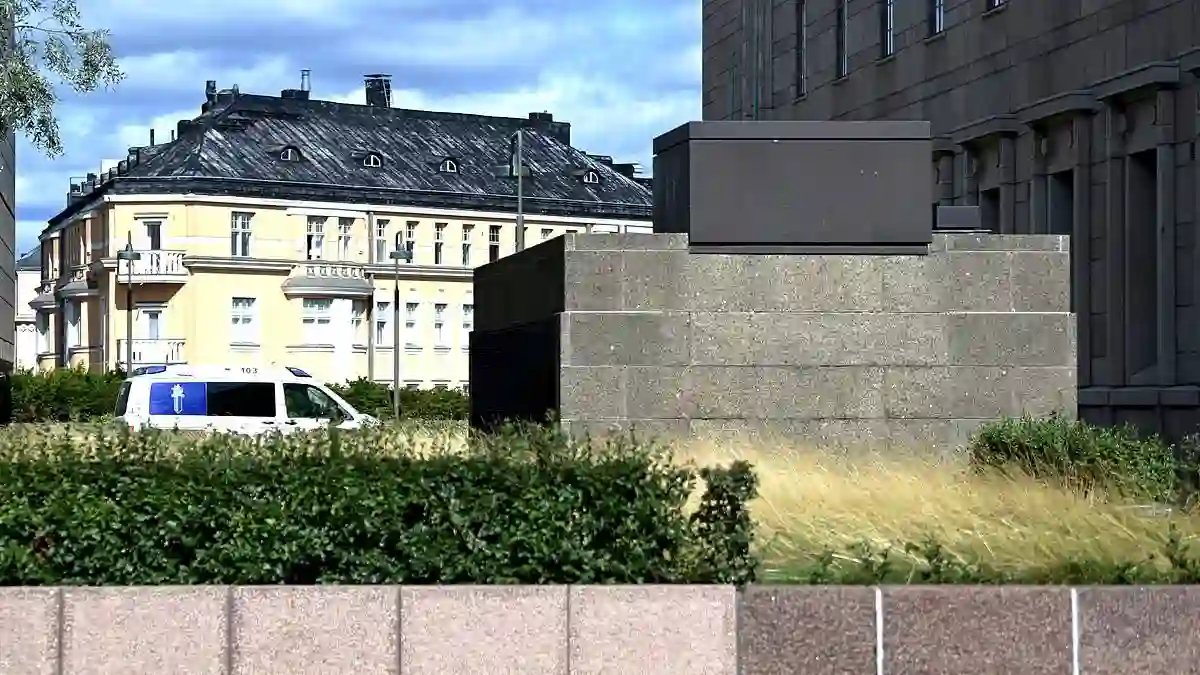The housing market in Britain could be heading for a major shake-up.
Chancellor Rachel Reeves is reportedly weighing up a new property tax that could shift the way homes are taxed, especially those valued above £500,000.
The idea is to make sellers, rather than buyers, shoulder the cost—something that could dramatically change the way people approach moving house.
A Different Approach to Property Tax
For decades, stamp duty has been the main property tax in the UK, paid by buyers at the point of purchase.
Reeves is said to be considering scrapping that system and introducing what’s being called a “proportional property tax.”
The move would take advantage of the huge rise in house prices over the years and could raise billions more for the Treasury.
Reports suggest homes sold for more than half a million pounds could be caught by the new levy.
However, government sources later denied this in the Telegraph, leaving plenty of uncertainty about what exactly might be on the table.
How Stamp Duty Works Today
Right now, buyers don’t pay anything on properties under £125,000.
From £125,001 to £250,000, the rate is 2%, from £250,001 to £925,000 it’s 5%, from £925,001 to £1.5 million it jumps to 10%, and anything above that is taxed at 12%.
First-time buyers get a break—they pay nothing up to £300,000.
For example, someone buying a £250,000 property would pay £2,500 in stamp duty, while a £450,000 purchase would cost £12,500 in tax.
Around 60% of property transactions currently trigger stamp duty, making it a major source of government income.
Why People Dislike Stamp Duty
Critics say stamp duty locks people into homes that don’t suit their needs.
Downsizers, for example, may be put off selling because of the tax, which in turn reduces the availability of family homes.
Moving the burden from buyer to seller could make it easier for first-time buyers to get on the housing ladder.
Both the IMF and the Institute for Fiscal Studies have called for an overhaul, while estate agents argue that the current system has had a “chilling effect” on the market.
The surge in activity during the pandemic’s temporary stamp duty holiday was seen as proof of how much the tax can restrict movement.
What Might Change
Under one of the more radical ideas being floated, sellers of homes over £500,000 could face a proportional property tax when they sell up.
Another option being discussed is making it an annual charge rather than a one-off payment.
A 2024 think tank report suggested an annual tax of 0.54% on properties over £500,000, with an additional 0.278% on values above £1 million, could replace stamp duty revenue.
But many expect Reeves to aim for even higher returns.
How It Could Affect the Market
If the threshold is set at £500,000, experts warn it could distort the market.
Properties just under that price could suddenly become more attractive, while sellers of homes just above it might inflate prices to offset the new tax.
In London and the South East, where house prices are already far higher, the impact could be especially severe.
Families buying even modest homes in the capital could find themselves caught in a new tax trap.
Council Tax Could Also Change
Beyond stamp duty, there’s also talk of replacing council tax with a new local property tax paid only by homeowners.
One proposal suggests charging 0.44% of a property’s value annually, with a minimum of £800.
Unlike council tax, it would be paid by the property owner, not the resident—potentially good news for renters.
Deputy Prime Minister Angela Rayner is also looking at reforms to make sure deprived areas receive more funding, meaning the council tax system as we know it could be on its way out.
When Could This Happen?
Nothing has been decided yet. The next big fiscal announcement will come in the autumn Budget later this year, but even if Reeves backs these changes, they’re unlikely to happen overnight.
Some reports suggest it could take until the end of the decade for any new system to be fully in place.
How Much Revenue Is at Stake?
Stamp duty currently raises around £15 billion a year, and that figure is projected to grow to £26.5 billion by 2030.
Council tax brings in even more—around £37 billion.
That means any reform will need to match or exceed those revenues if the government wants to balance the books.
What the Treasury Says
Officially, the Treasury is staying cautious. A spokesperson has stressed that boosting the economy is the priority, pointing to planning reforms already expected to add billions in growth.
They also promised that income tax, national insurance, and VAT rates for working people will remain unchanged.
The Big Question for Homeowners
For now, Britain’s homeowners are left waiting to see whether the tax landscape around property is about to shift in a big way.
Will the burden really move from buyers to sellers—and could Londoners and families in high-value areas end up footing the bill? The answer will become clearer when the Chancellor sets out her plans later this year.



